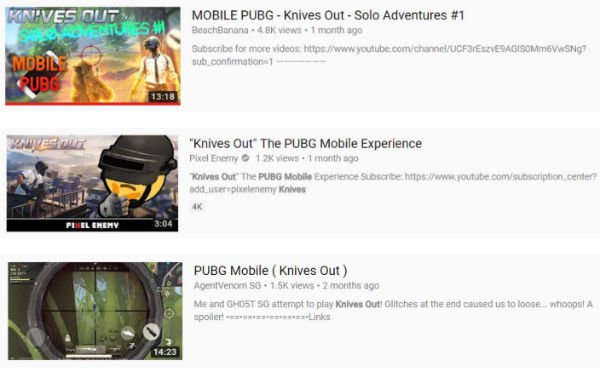Not All Canadian ISPs Are Pro Site Blocking
vendredi 6 avril 2018 à 17:33 Earlier this year several of the largest telcos in Canada teamed up with copyright holders to present their plan to tackle online piracy.
Earlier this year several of the largest telcos in Canada teamed up with copyright holders to present their plan to tackle online piracy.
United in the Fairplay coalition, Bell, Rogers, and others urged telecoms regulator CRTC to institute a national website blocking program.
The Canadian blocklist should be maintained by a yet to be established non-profit organization called “Independent Piracy Review Agency” (IPRA) and both IPRA and the CRTC would be overseen by the Federal Court of Appeal, the organizations propose.
Over the past several weeks, the CRTC has asked the public for input on the plan. While we have already covered several responses, some notable entries were submitted at the very last minute.
The MPAA and the Premier League, which both applied for court-ordered blockades in the UK, voiced their support, for example. The same is true for ISP Shaw Communications. While Shaw is not part of the Fairplay Coalition it fully supports the site blocking proposal.
“New regulatory tools are needed to provide a comprehensive and coordinated response to combat piracy, and the FairPlay Proposal provides an expeditious, effective, and fair process,” Shaw writes, noting that the proposal doesn’t violate net neutrality.
The Independent Telecommunications Providers Association (ITPA) also chimed in. Representing more than a dozen smaller Internet providers, it takes no position on the merits of the plan, but stresses that copyright holders should pick up the bill.
“The ITPA would object to any regime that imposes costs without a cost recovery mechanism for service providers,” the association writes.
While many ISPs are backing the plan or taking a relatively neutral stance, TekSavvy is among the notable exceptions. The independent company that services more than 250,000 Canadian homes and businesses, says that the proposal would have a major impact.
“If implemented, the Applicants’ proposal for site blocking would fundamentally reshape how Internet services would work in Canada, including the manner in which TekSavvy provides Internet services.”
In a rather dry submission, the Internet provider argues that site blocking violates the Common Carrier doctrine of the Telecommunications Act.
“Rather than advancing the telecommunications policy objectives, the approach proposed in the Application to policing content on the Internet is in direct opposition to many of those objectives,” TekSavvy writes.
The proposal interferes with online traffic, the ISP explains, which could affect network neutrality principles. At the same time, it goes against several policy objectives, including the principle that any regulation should be efficient and effective.
“It is well-documented that blocking individual web sites is difficult and expensive and even so relatively trivial to circumvent,” the ISP notes. “As a result, site-blocking is neither efficient, nor effective.”
As such, TechSavvy argues that the site blocking proposal is not the kind of exceptional circumstance that warrants an exception to the common carrier doctrine.
The ISP is not alone in its critique, as Micheal Geist points out. In addition to its own submission, TekSavvy supports the Canadian Network Operators Consortium’s CNOC intervention, which covers a broad range of issues.
CNOC represents several dozen smaller Telcos and, among other things, it argues in detail that the blocking proposal will be costly but ineffective.
“CNOC is not convinced of the efficacy of FairPlay Canada’s proposal, and, in fact, believes that mandatory website blocking could be circumvented with such ease that expending any resources on it is unlikely to be productive, yet it would impose significant costs on ISPs,” CNOC notes.
The one thing that’s clear following all the submissions is that the CRTC will find it impossible to satisfy all parties. Even the Internet providers themselves have conflicting opinions.
—
A copy of Teksavvy’s submission is available here (pdf). ITPA’s letter can be found here (pdf), CNOC’s here (pdf), and Shaw’s submission in favor of the proposal is available here (pdf).
Source: TF, for the latest info on copyright, file-sharing, torrent sites and more. We also have VPN reviews, discounts, offers and coupons.

 Last year several major record labels, represented by the RIAA,
Last year several major record labels, represented by the RIAA,  When PlayerUnknown’s Battlegrounds (
When PlayerUnknown’s Battlegrounds (

